The Tiv people, residing primarily in the fertile Benue Valley of Nigeria—a region proudly known as the nation’s “Food Basket”—boast a rich, hearty, and communal cuisine that reflects their agrarian lifestyle and deep-seated cultural philosophy.
Tiv food is more than sustenance; it is an embodiment of our identity, hospitality, and the profound concept of “Ya Na Angbian,” which translates to “eat and share with your brother.
The Pillars of Tiv Diet: The Staples
At the heart of every Tiv meal is the “swallow,” a dense, starchy staple derived from their main crops: yams, cassava, and cereals. The reverence for agriculture, particularly yam farming, is evident in their diet, as yams symbolize wealth and status within the community.
The three major varieties of swallow that anchor a Tiv feast are:
- Ruam Kumen (Pounded Yam): Perhaps the most beloved comfort food, this is yam pounded into a smooth, malleable dough.
- Ruam Nahan (Turned Food): Often made from wheat or a combination of yam/cassava and maize flour, offering an alternative texture.
- Akpu (Fermented Cassava): Another popular swallow staple common across Nigeria.
These solid staples are never eaten alone. They serve as the perfect vehicle for a variety of rich, flavorful, and often intensely local soups.
The Art of the Soups: Flavors of the Benue Valley
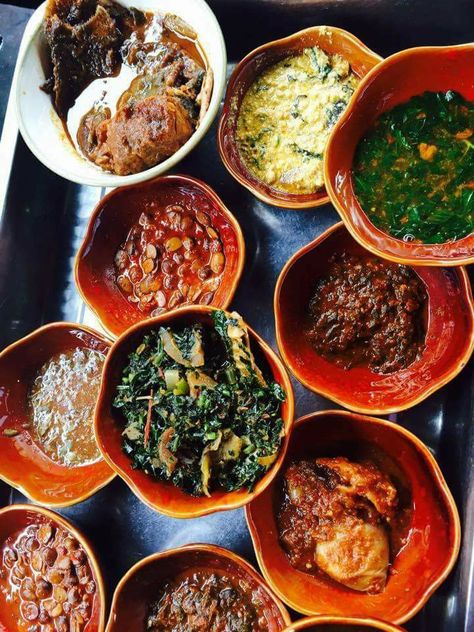
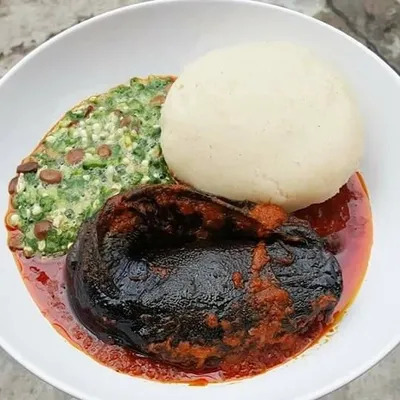
Tiv soups are celebrated for their vibrant use of local ingredients and unique blend of spices. They are typically slow-cooked to draw out maximum flavor from meats, fish, and foraged vegetables.
Key soups that define Tiv culinary identity include:
| Dish Name | Primary Ingredients & Description |
| Pocho | A highly-regarded soup often featuring fish (like mackerel) and is seasoned with local spices like Nune (locust beans) and Gbaaye. |
| Genger | A distinctive soup made from the flower buds of the Genger tree, providing a unique, earthy flavor. |
| Atyever Soup | A vegetable-based soup, often made with Atyever leaves and traditionally prepared with a bit of potash or baking soda for texture. |
| Kyegh Sha Ishwa | A celebratory soup, literally translating to ‘Chicken with Sesame Seeds’ (Ishwa), offering a rich, nutty profile. |
The flavors are often deepened by locally sourced seasonings like Nune (locust beans) and Yiye (black pepper), reflecting the ancient knowledge of the land’s bounty.
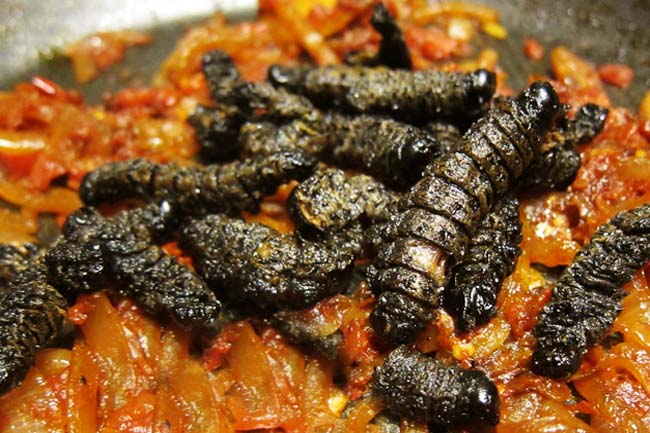
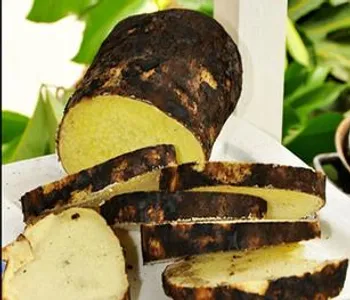
Snacks and Cultural Beverages
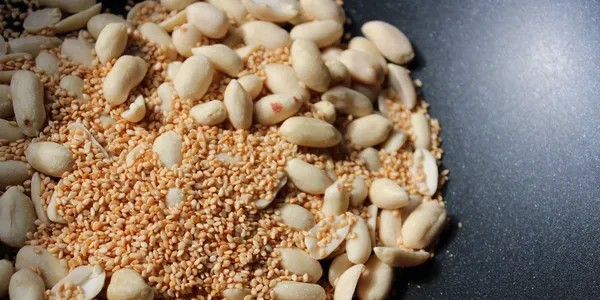
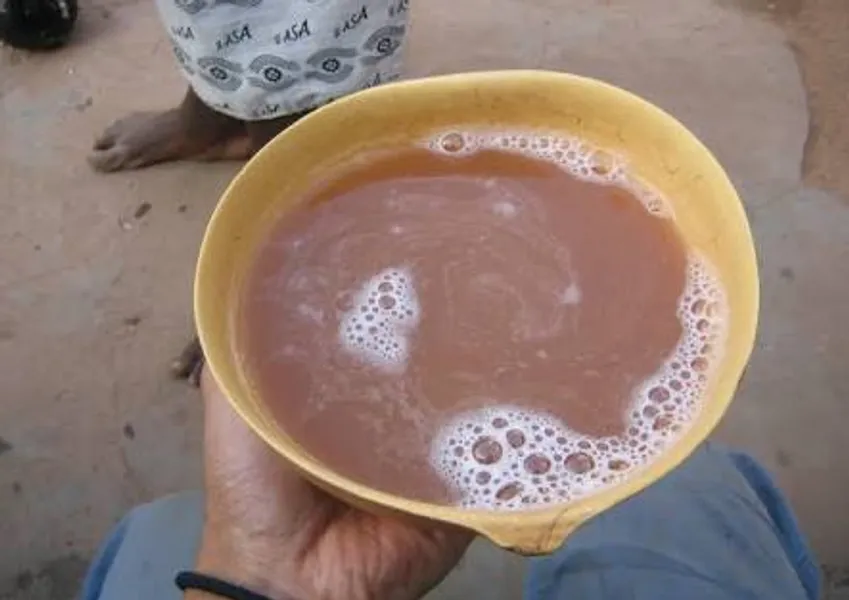
The Tiv culinary landscape extends beyond the main course to a fascinating array of snacks and beverages that complement their daily life and social gatherings.
- Igbouh Ahi (Roasted or Boiled Bambara Nuts): A simple, filling, and popular snack.
- Asondo (Dried Sweet Potatoes): Sweet potatoes are sliced, boiled, and sun-dried to create a chewy treat.
- Ibyer: A nutritious porridge made from millet flour, often served as a breakfast or a light snack.
- Burukutu: A traditional local beer brewed from guinea corn or millet, enjoyed communally during social events and ceremonies.
The Culture of Sharing
What truly distinguishes Tiv cuisine is the ceremonial importance placed on sharing. The greeting, “u yôô” (You have cooked), is often used instead of “thank you” after a meal, underscoring the honor of giving and sharing food. Every meal, from a simple family dinner to a grand community feast, is a reaffirmation of the cultural values of hospitality, unity, and the communal spirit inherent in “Ya Na Angbian.”
Tiv cuisine is an essential thread in the vibrant tapestry of Nigerian food culture, offering a unique, delicious, and authentic taste of the Benue Valley’s agrarian heart.

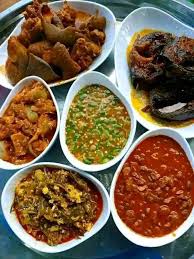
Leave a Reply